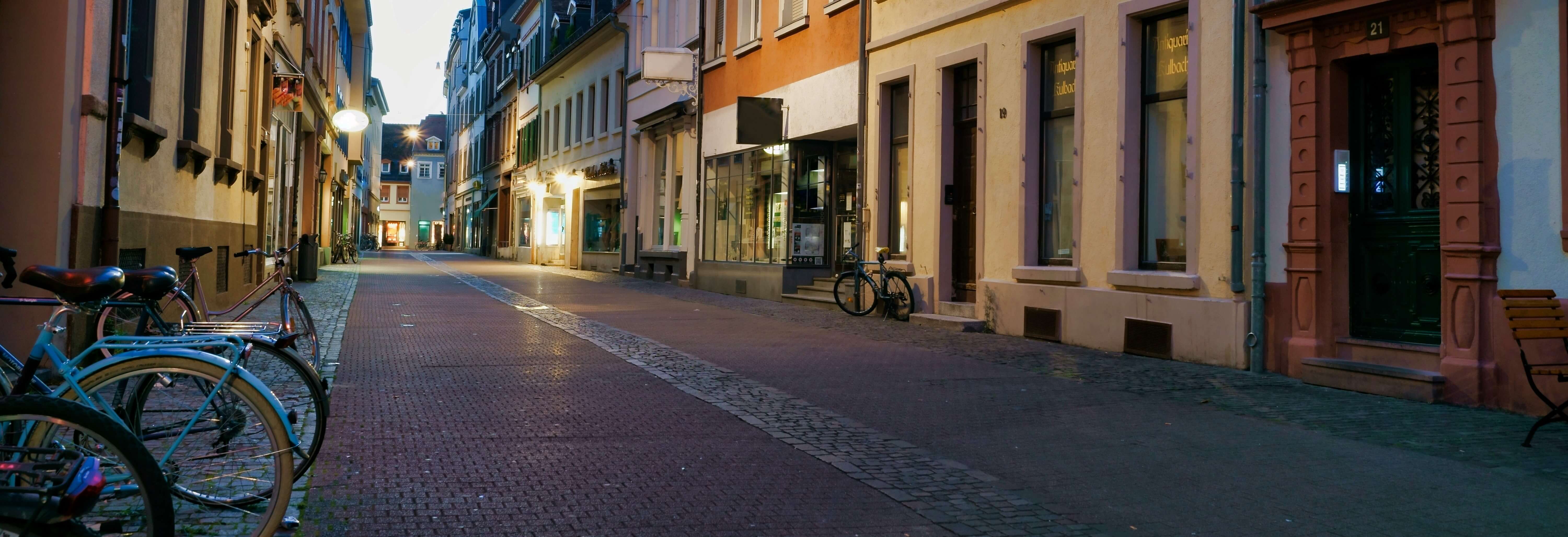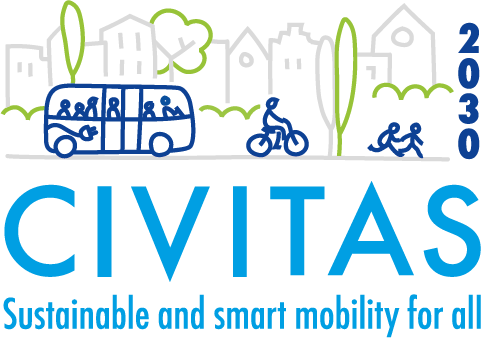
Heidelberg, Germany
Heidelberg hosts the oldest university in Germany and its well known for its commitments to environmental and climate initiatives. In 1992, Heidelberg was the first city in Germany to establish a municipal climate protection concept. Heidelberg is a bicycle-friendly city, where cycling is the main mode of transport used for short distance trips.
Heidelberg's REALLOCATE twin city: Utrecht

LAB 1 - Regional commuter plan with electronic bus lanes
Location: TBD
The largest share of CO2 emissions in Heidelberg stems from commuters. The city is therefore taking a regional approach to climate mobility planning through cooperation with adjoining communities. This pilot aims to advance innovation on mobility hubs working together with neighbouring communities, to test dynamic space reallocation for buses, by creating priority and separated bus lanes and intermodal facilities.
LAB 2 - Contextual & tactical public space reallocation
Location: Four streets throughout the city
Heidelberg envisions the reallocation of public space in favour of pedestrians, cyclists and public transport through push & pull measures and behavioural change. With this pilot the aim is to create low-traffic areas by reallocating parking space, creating attractive and welcoming urban spaces and improving safety for pedestrians and cyclists (in particular for children and the elderly).

This project has received funding from the European Union’s Horizon Europe programme under grant agreement No. 101103924. Views and opinions expressed are however those of the author(s) only and do not necessarily reflect those of the European Union or the European Commission. Neither the European Union nor the granting authority can be held responsible for them.


REALLOCATE is a project under the CIVITAS Initiative, an EU-funded programme working to make sustainable and smart mobility a reality for all, and contributes to the goals of the EU Mission Climate-Neutral and Smart Cities.